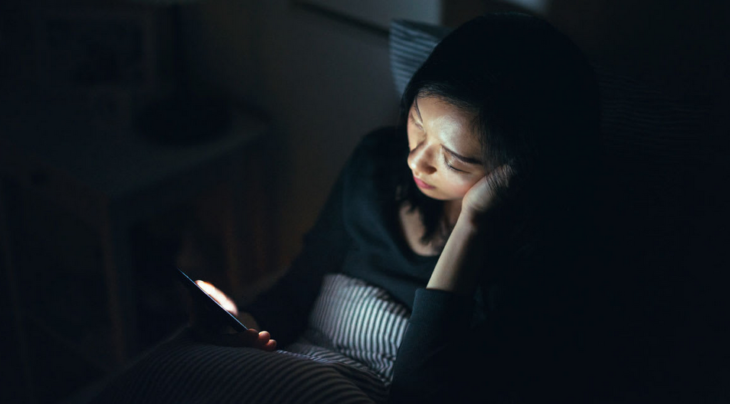A jarring pain in one side of the head, migraine affects hundreds of millions of people around the world. The debilitating pain is intense and also interferes with daily chores. There is a number of events and factors that can trigger a headache and avoiding them can be quite challenging.
If a person gets 15 or more headaches in a month of which at least 8 are migraines, then he or she is said to be suffering from chronic headache. This can be a disabling condition and is also associated with some avoidable or treatable risk factors. You can employ the following tips in order to better manage your migraine.
Contents
1. Avoid bright lights
Bright lights are one of the most common sensitivities in those suffering from migraines. Also known as photosensitivity, if bright lights are jarringly painful for you during a headache, then you should steer clear of them. Strobe lights and high-intensity beams (like those in car headlights) should be avoided.

Source: Consumer Reports
If you work on a laptop or PC, then take frequent breaks to let your eyes rest. Adjust the brightness of any digital screen that you use and use a blue light filter. Also, to avoid the glare of the sun, carry a pair of sunglasses.
2. Steer clear of loud noises
Loud noises can also be the trigger of migraines. Movie theaters, clubs, crowded places, excessive traffic, and loud music are a few examples that can lead to or worsen headaches. If loud noises set you off, make sure to rest in a peaceful, noise-free area with minimum lights. Use earplugs if loud noises are unavoidable and uncomfortable.
3. Be mindful of your diet
According to healthline.com, caffeinated products can reduce the intensity of migraines, but, at times, they can also cause them. It is hit and trial so you can only know their effect on you after trying. Steer clear of alcoholic drinks and caffeinated beverages if this the case. There are other foods like processed meats, cheese, sweeteners, chocolates, etc., that you should avoid.

Source: Medical News Today
4. Maintain a regular schedule
Disruption in daily routine can also cause migraines. Skipping meals, fasting, and dehydration can lead to headaches. Ensure that you have your breakfast within an hour of waking up and set up water reminders to avoid dehydration. Stick to your bedtime routine as lack of sleep can also cause a headache. Try going to bed at the same time every night and avoid late night events.
Also, remember that even too much sleep can trigger headaches. The best time that you should sleep is between 7 and 9 hours each night. Daytime naps should not be any longer than 30 minutes else they will interfere with your nighttime sleep.
5. Try meditation and yoga
Meditation and yoga not only have an impact on the physical level but also on the mental one. Meditation can be used as a relaxation technique while yoga can bring your overall well-being. Breathing exercise, specifically, can help you during an episode.

Source: Shape Magazine
6. Avoid stress
While stress is not completely avoidable, it is, to some extent, manageable. Planning a day in advance and not over-burdening you is a step in that direction. Also, while you may not be able to control such situations, you can change your reaction to them. Migraines are usually caused by stressful conditions, so you can either join stress management classes or use stress relieving tools like stress balls or use breathing techniques if going gets tough.
7. Migraine journal
Initially, it was thought that avoiding the triggers altogether was the only way to avoid a headache. However, it is now well-documented that keeping a diary can help a migraine patient understand their affliction better. If you do not know your triggers or want to keep a record, then you should consider keeping a journal. You can write about your eating habits, headaches, strong feelings and emotions along with your daily schedule in the diary. Gradually, you might be able to pinpoint your headache triggers.

Source: Reader’s Digest
Conclusion!
Migraines, other than disrupting the daily routine, can also cause dizziness, nausea, photosensitivity, vomiting, sensitivity to odors and sounds, and more. Thus, it is quite important to identify the triggers and minimize the frequency of headaches. Also, make note of anything that provides relief during an episode.
